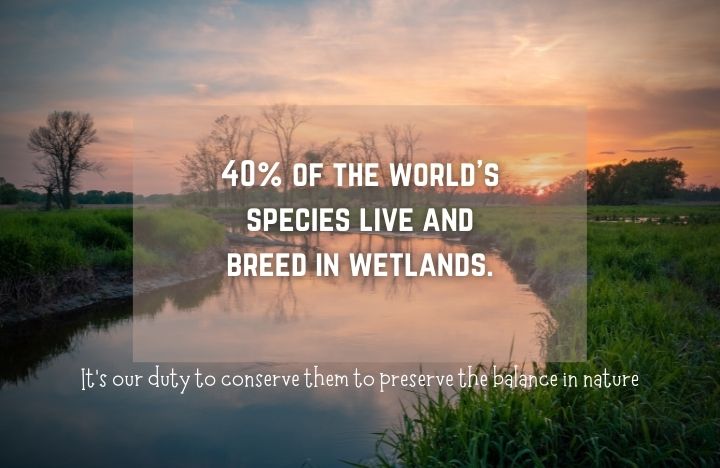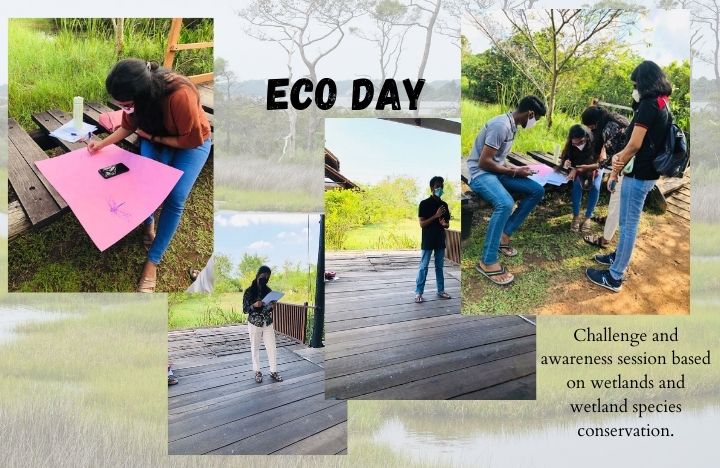“You think you own whatever land you land on
The earth is just a dead thing you can claim
But I know every rock and tree and creature
Has a life, has spirit, has a name”
As soon as this verse of the song “Colors of the Wind” from the Disney movie, Pocahontas (1995) is heard, take some time and think if actually we adults become sensitive to our surroundings? By “Surrounding”, I didn’t mean to gaze on the huge concrete infrastructural field with new technological facilities, but what I meant was the realistic nature we’ve failed to perceive. Wetlands are something like that. They are a too key part of nature. We tend to think of wetlands as dead and uninhabited pieces of land. Lack of knowledge is a downfall of humans which could create another possible doom we might be clearing paths for.
What are Wetlands and their Importance?
Mainly wetlands are areas with the presence of water seasonally or permanently. The composition of the water may be freshwater or saltwater or partially saltwater. These can be identified as specific ecosystems. These lands consist of great values that humans cannot even imagine. If we consider an entire wetland, it is actually a multifunctional ecosystem. As for their natural structure and characteristics, they benefit not only other living beings but also humans.
Filtering natural water, acting as floodwater storage, providing storm protection and flood control as well as providing habitats for many species make the wetlands significant comparably to the tropical rain forests and coral reefs. It is correct if we recognize them as natural benefactors with hidden importance.
However, since the 1700s, we have lost 90% of wetlands due to various acts on behalf of humans’ selfish activities. Why? We are the ones who are accountable for providing answers to this question due to the disastrous consequences of our activities the earth will possibly suffer heavily in the future. Wetlands suffer from many human activities such as disposing of harmful pollutants, reducing vegetation coverage, building infrastructures.

Having a major risk on this ecosystem somehow opened a few wide eyes on protecting and restoring them. Therefore, in the calendars of every year, February 02 is marked as World Wetlands Day and a theme is selected each year to grab the attention along with the public awareness about this vast importance. For the year 2022 “Wetlands Action for People and Nature” is selected as the theme. This day is actually of the adoption of the convention on wetlands which was held on the 2nd of February 1971 in the city of Ramsar, Iran.
What is RACUSJ currently doing for Wetlands?
As a renowned Rotaract Club in a tropical island, caring the true meaning of volunteerism volunteers’ energy, the Rotaract Club of University of Sri Jayewardenepura has initiated “Aquatica Wave2” with the pure intention of sustaining aquatic and marine biospheres. As a restoration step towards the wetlands in Sri Lanka, we have planned to do a mangrove plantation which is a sustainable effort running down from last year’s project Aquatica which was a successful effort in restoring the wetlands in Sri Lanka.
With another attempt of RACUSJ putting the Club theme for the year “Together to Sustain Life on Earth” into action, project First Step, a mini-project series conducted project Eco Day, an awareness session and a challenge based on wetlands and wetland species which was indeed a priceless and more effective action taken along with enthusiastic volunteers for the month of January.

Today is not merely a celebration for the name. Rather it is the day of perceiving the exquisite nature behind those areas and educating others by raising awareness to shield those lands. On this day we should encourage those who are capable, to restore the lost and degraded wetlands into their pre-existing natural states.
We must all remember that once we lose one key aspect of nature, we lose chances of further survival of entire life around every corner of this planet. Let’s be the pioneer solution for the planet’s health. Only humanity alone should restore, recreate and rebuild what we have lost in regaining the most valuable components of continuing and carrying life on Earth.
Written by Rtr. Sachith Gomes


0 Comments